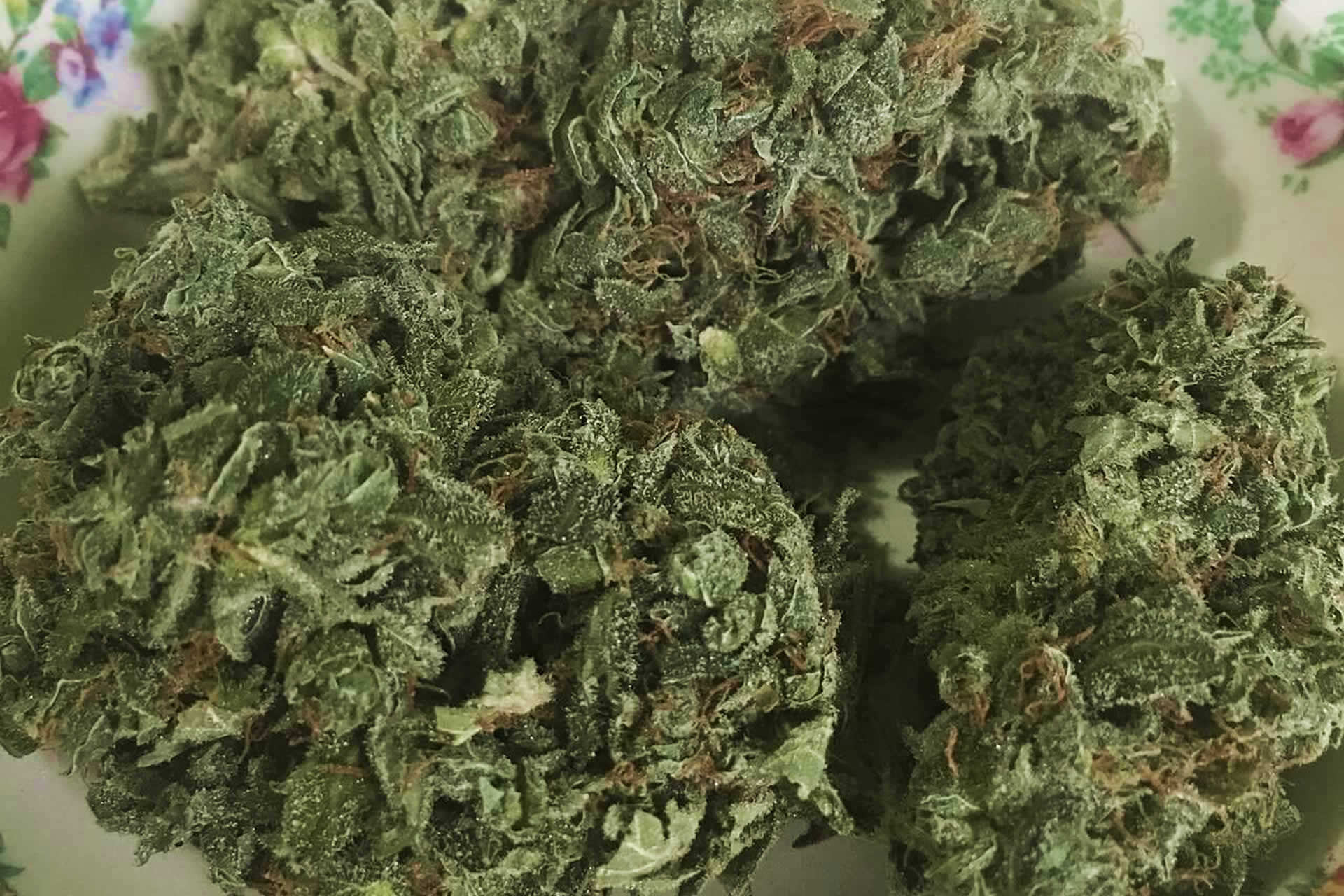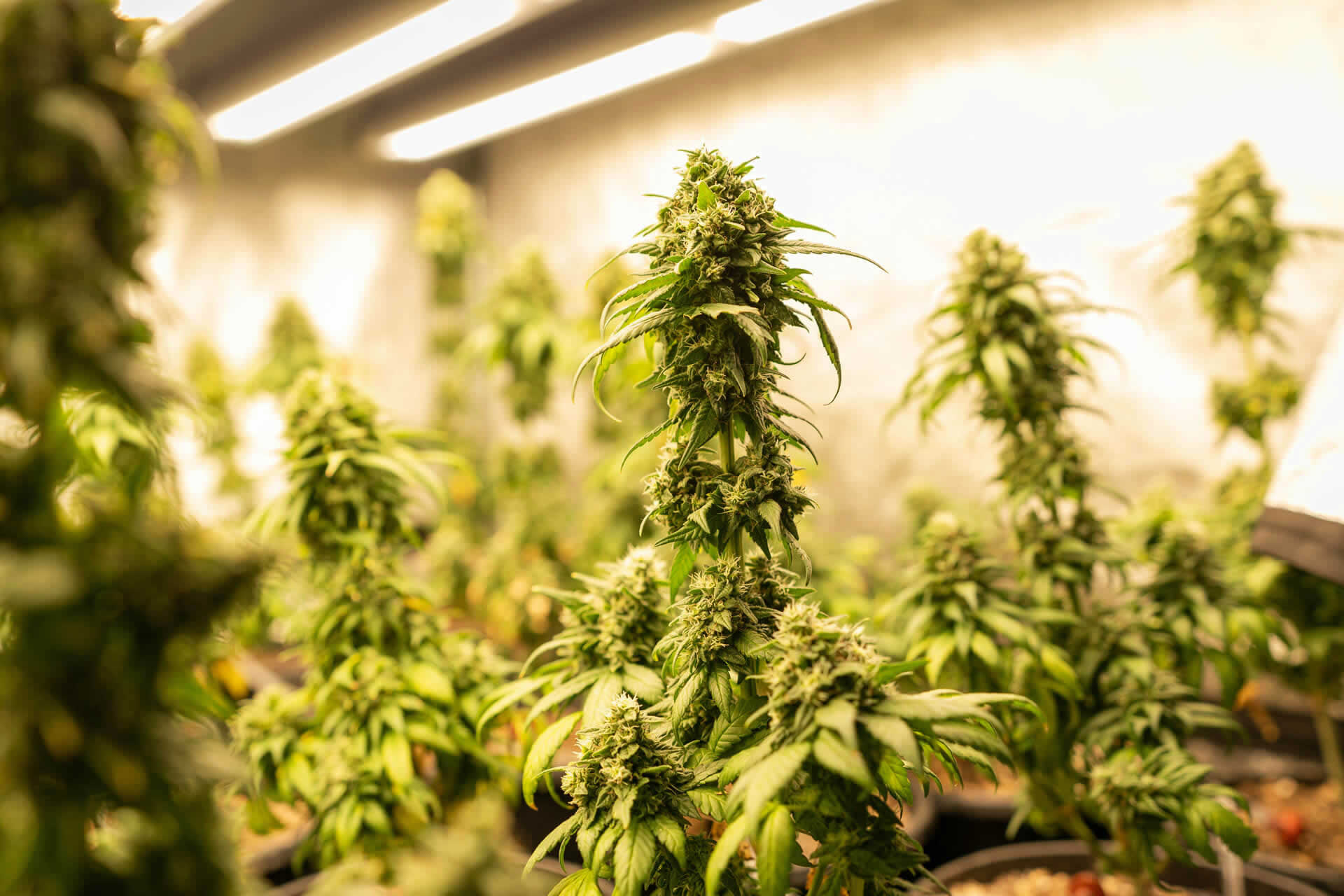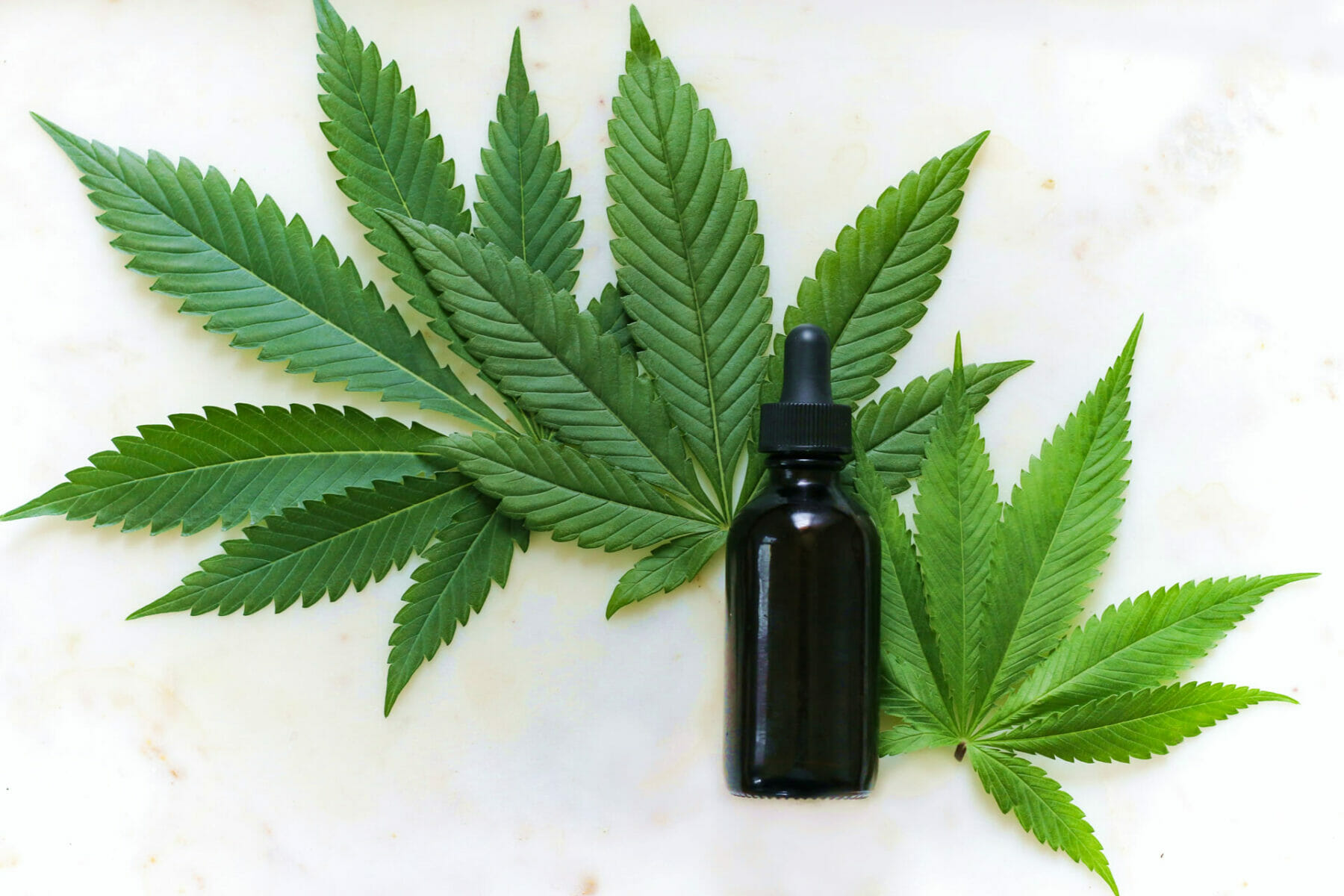How Medical Cannabis Treats Multiple Sclerosis
How Medical Cannabis Treats Multiple Sclerosis
Using Cannabis With MS
If your multiple sclerosis medication isn't providing you with the respite you need, or if you've just been diagnosed with Multiple Sclerosis, you may be wondering how medical marijuana might assist you.
According to surveys, many individuals with MS currently use cannabis, and a half or more would explore it if it were legal or had demonstrated advantages. So far, the evidence is conflicting.
How Cannabis Treats Multiple Sclerosis(MS)
MS is a disease that affects the neurological system, specifically the spinal cord and the brain. The marijuana plant, also known as Cannabis sativa, has a plethora of compounds that may have an impact on your mind and body.
Based on self-reported symptoms, a powerful national group of scientific organizations found that cannabis is either proven or probable to help reduce the stiffness and muscular spasms associated with multiple sclerosis.
According to some researchers, evidence shows that cannabis or its active ingredients, known as cannabinoids, may help some individuals with Multiple Sclerosis, fibromyalgia, and other medical illnesses sleep better.
However, there is little evidence that cannabis:
- As determined by a clinician, reduce muscular stiffness or spasticity.
- Help or hinder the relief of depressive symptoms in patients with MS or chronic pain.
Where Can I Get Medical Cannabis?
Cannabis is still illegal under federal law. However, more than half of the states have approved cannabis for medicinal purposes, with the number more than doubling in the last five years. If you reside in one of those states, your physician must authorize or certify your eligibility for medicinal marijuana. This lets you purchase it from a medically approved pharmacy or dispensary.
Furthermore, recreational marijuana is either legal or considered a minor offense in at least 20 states and the District of Columbia.
How To Use Medical Cannabis For MS
The most well-known component of cannabis is THC, or delta-9-tetrahydrocannabinol. When you smoke, eat, or vape it, you get high.
Cannabidiol (CBD) is another active component that does not get you high. CBD is authorized in the majority of states for therapeutic purposes. It is often available as oil to apply on sore areas or as an extract or tincture to take under your tongue. You may also take CBD capsules, vape them, or inhale them. People will occasionally purchase CBD online from merchants who do not have a medical marijuana license.
CBD may help relieve pain and swelling, according to several research studies. However, a further human survey is required to determine if it helps.
What Are The Benefits Of Using Cannabis For MS?
Cannabis compounds have a variety of impacts on the body, some of which are therapeutic.
Tetrahydrocannabinol (THC) is one of the essential compounds in cannabis, and it has psychoactive qualities that contribute to the drug's "high." Cannabidiol (CBD), on the other hand, is not psychoactive. There are several additional components in cannabis, but most study has concentrated on these two.
THC has been shown to boost hunger, alleviate nausea, and improve muscular control.
CBD can help manage certain kinds of epileptic seizures and is a promising treatment for several mental health issues such as social anxiety and PTSD. CBD is also a potential treatment for pain and spasms.
More research is required to identify CBD's therapeutic potential, as well as safe and effective dosage levels for each user. Before utilizing cannabis or cannabis products, people should verify their local regulations. If possible, get advice from a healthcare expert before using any CBD products.
Are There Any Side Effects?
Cannabis has a variety of side effects. You may not always be aware of what you're doing if you smoke cannabis or dab on CBD oil. Because the FDA does not control them, THC levels, for example, might fluctuate significantly from one batch of marijuana to the next. Alternatively, you may react to CBD in a very different way than someone else.
Driving when high on marijuana is dangerous. It may also irritate your lungs, impair your memory, and make it difficult to think properly if you smoke or vape it. It may also make you feel:
- Anxious
- Dizzy
- Sleepy
- Sick
- Depressed
- Paranoid
You should not consume cannabis products if you are:
- You are breastfeeding or pregnant
- Have a heart condition
- Experienced psychosis
- Possess Parkinson's disease
- For bipolar disorder, seizures, or migraine headaches, use clobazam or valproic acid.
Consult your doctor to see whether and how cannabis and its extracts may benefit you.
Conclusion
MS may significantly influence your quality of life, which is why so many patients seek MS symptom treatment. The study on CBD and MS is quite promising: it demonstrates that using medical cannabis supplements might improve pain and stiffness in some patients.
CBD-derived drugs may possibly be used in the future to regulate the course of the illness by lowering inflammation. Unfortunately, the use of medical cannabis for multiple sclerosis is still in its development, and further study is clearly needed. For the time being, it's essential to consult your physician and trusted peers before choosing if Cannabis is good for you.








